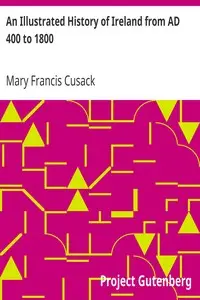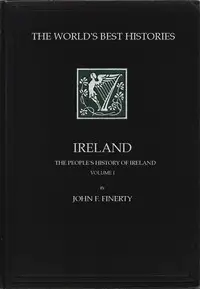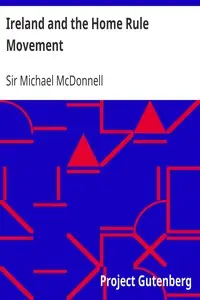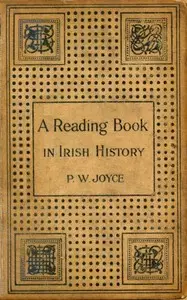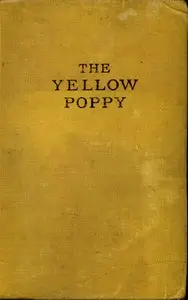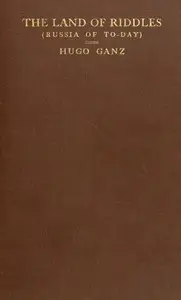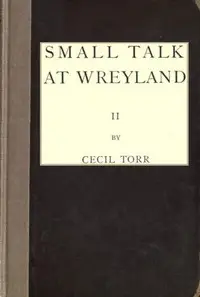"A Popular History of Ireland: from the Earliest Period to the Emancipation of the Catholics" by Thomas D'Arcy McGee is a compelling narrative of Ireland's epic journey, painted with broad strokes of resilience and resistance. From its earliest inhabitants to the arduous fight for Catholic emancipation, the book chronicles the nation's enduring spirit against external domination. Early chapters set the stage, portraying Ireland as a phoenix rising from oppression, a nation claiming its place among the world's powers, steeped in rich culture and famed for its legendary heroes and defining historical moments, while also exploring the complexities of its relationship with England and the very essence of its political philosophy.

A Popular History of Ireland : from the Earliest Period to the Emancipation of the Catholics — Complete
By Thomas D'Arcy McGee
Witness the rise of a nation forged in the fires of oppression, as it seeks to reclaim its rightful place on the world stage.
Summary
About the AuthorThomas D'Arcy McGee was an Irish-Canadian politician, Catholic spokesman, journalist, poet, and a Father of Canadian Confederation. The young McGee was an Irish Catholic who opposed British rule in Ireland, and was part of the Young Ireland attempts to overthrow British rule and create an independent Irish Republic. He escaped arrest and fled to the United States in 1848, where he reversed his political beliefs. He became disgusted with American republicanism, Anti-Catholicism, and Classical Liberalism. McGee became intensely monarchistic in his political beliefs and in his religious support for the embattled Pope Pius IX.
Thomas D'Arcy McGee was an Irish-Canadian politician, Catholic spokesman, journalist, poet, and a Father of Canadian Confederation. The young McGee was an Irish Catholic who opposed British rule in Ireland, and was part of the Young Ireland attempts to overthrow British rule and create an independent Irish Republic. He escaped arrest and fled to the United States in 1848, where he reversed his political beliefs. He became disgusted with American republicanism, Anti-Catholicism, and Classical Liberalism. McGee became intensely monarchistic in his political beliefs and in his religious support for the embattled Pope Pius IX.

